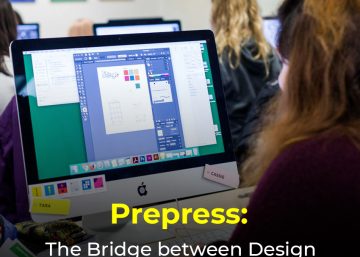
It’s been said that the state of technology in a society determines how advanced it is, but the state of creativity in a society determines how evolved it is. We certainly live in the age of technology. We have progressively done so to the point of now being utterly dependent on advanced technology for our everyday tasks. From artificial lighting to transportation and healthcare.
As advanced as our ancestors ever became, they knew and accepted their place in the natural world. They might have created imaginative alternatives to the hum-drum of daily life through illusions, stories and plays. However they never conceived completely immersing themselves in a world totally divorced from natural reality.
Today we are conceptualizing exactly that sort of alternative reality in the form of virtual reality. Today’s state of VR is still relatively primitive and limited. Its hampered by power demands, bulky devices, and limited to short experiences. Even so, those short experiences have a real effect on the physical reality of people. For instance, in the healthcare space VR is helping people overcome their phobias within a safe space. The effectiveness of the result is directly related to how creative the therapy programmer is in design and user experience.
Movies like Avatar and Ready Player One have tried to depict worlds where artificially created realities superseded natural ones. The computer simulation/game “Second Life” gave extended, continuously “on” virtual experience options to people. A concept that is the grand-daddy of the concept of the Metaverse.
As interesting as all these developments are, they beg the question whether the most valuable sections of our societies will ever be the “creatives”. Will societies hunger for new creative content to the extent that the creative mind is more valued, more celebrated than other priorities like commercial considerations?
There are examples of this kind of prioritization of creativity. For example, from Ancient Greece to Parochial schools of today, the study of art and Classical languages is integral to educate future leaders.
Our modern lives may be governed by technocrats and the majority of professions might be oriented to maintaining and developing technology to support our modern lifestyles. Moreover we still celebrate creative genius wherever we find it, from street art to rock music. A wholly new category of creative celebrities are youtubers, tik-tokers and social media influencers whose creative expression finds following in the millions.
Therefore, it is clear that we as humans crave creativity. It’s just that our modern lives afford us neither the resources nor the time to be significantly focused on creative expression or appreciation. It’s difficult to say if that will ever change. Some futurists, like the late great Isaac Asimov have long argued that it must. Else as AI-driven automation takes over more and more repetitive tasks, from driving to brewing coffee, people will struggle to find purpose and meaning, and boredom will become a major disease. However, other futurists feel innate original expression is what makes us human. If freed from the mundane, our brains will naturally turn to more abstract thinking and expression.
Powerful DIY tools will let non-techies and even amateurs to create wonderful artwork for expression, display or sale in real life, as well as in the extended virtual and augmented reality worlds like the Metaverse which will undoubtedly become a significant part of our lives in the future.
In other words, creativity could be what turns us from a society of machine-tenders to a true service-oriented society. Where the service is oriented to the betterment of human beings.
So will Creatives ever rule the world? We don’t think so. We do think they will work with greater prominence to weave a new type of reality for the world of tomorrow. And we can’t wait to see it!



